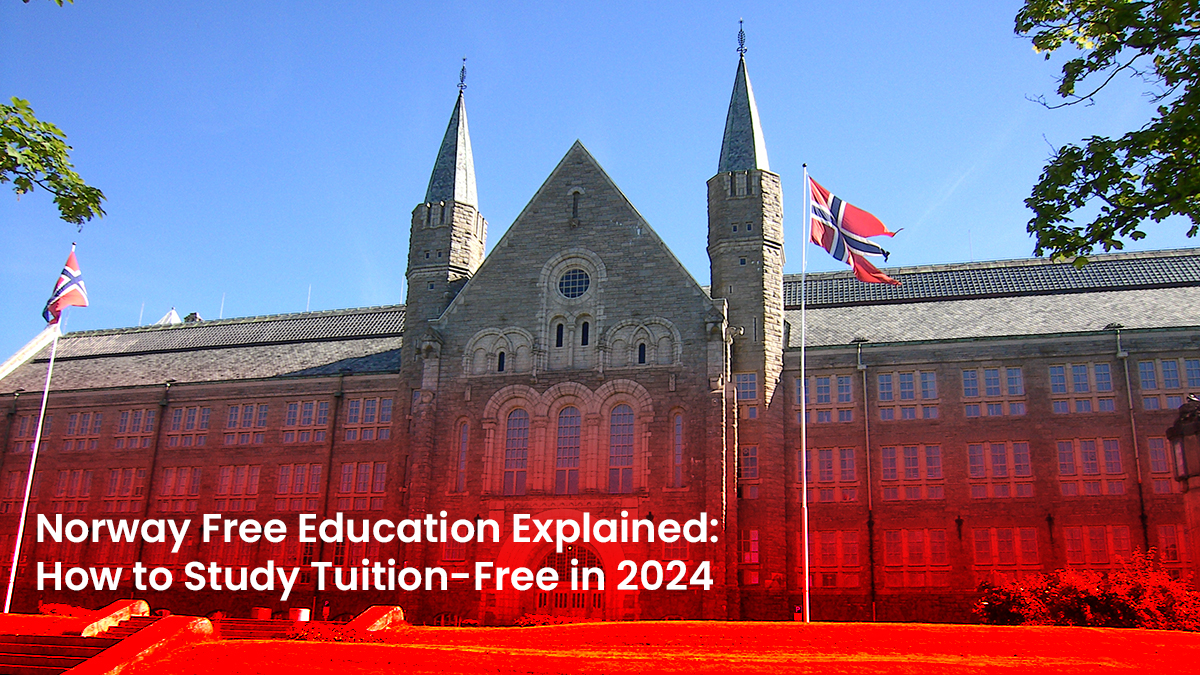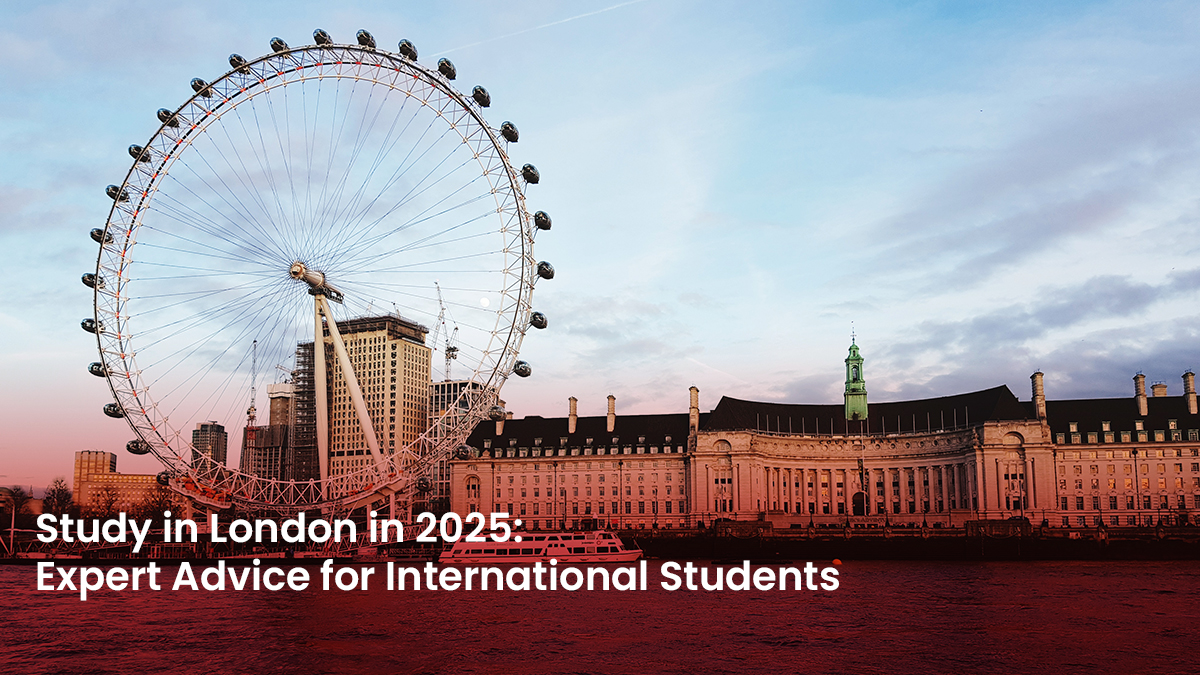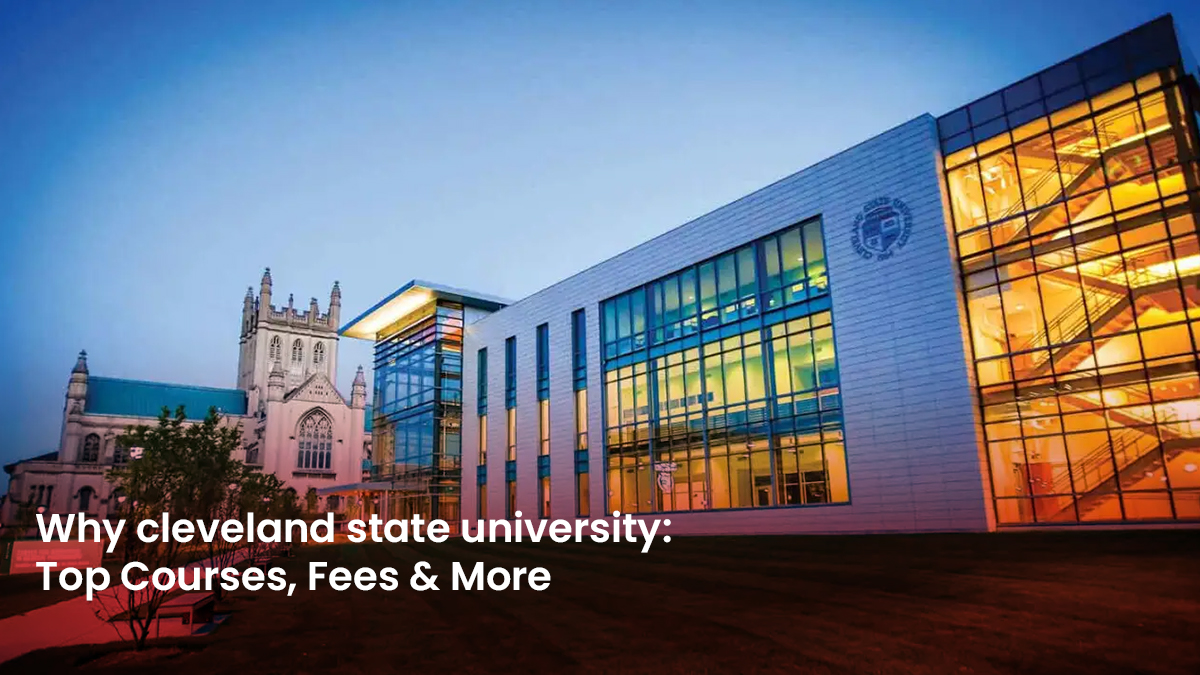The fall of the Soviet Union in the ’90s has brought the stagnation and collapse of the Russian economy and many of its industries. Come the 21st century, Russia now has a healthier and more competitive economy, and many people have become interested in working in Russia.
According to the World Bank, as of 2019, the Russian Federation has the 11th largest economy in the world by GDP. In fact, its GDP is higher than other developed countries such as Australia and South Korea. The three industries that have largely contributed to Russia’s GDP are its agricultural sector (5%), industrial sector (32%), and service sector (62%).
Russia now is a haven for many expats due to its diverse employment opportunities and low income tax. In addition, the country offers one of the highest salaries for foreign professionals worldwide, especially if they work in the big cities such as St. Petersburg and Moscow.
If you are considering an education in Russia, and eventually landing a job, you must take note of the country’s processes and other facts that might help you as an international student working in Russia.
International Students Do Not Need a Work Permit
Russia has made it easier for international students to work in the country. Since August 2020, Russia no longer requires its international students to obtain a work permit to work in the country. Instead, international students are only required to present a certificate showing their status as a student from one of the country’s state-accredited programs. International students can request for a certificate from their institution’s teaching department, or office for international affairs.
This is a huge development from the previous process, where students have to prepare many documents and wait for a long time before they can get a work permit. Also, prior to this development, international students are only limited to work in the specified designation in their work permit, and only within their host region.
Part-Time Work is Limited for English Speakers
Although working in Russia is now made easier for international students, some may find that there are a few part-time opportunities for English-speaking individuals. Thus, learning how to speak Russian can be beneficial for international students.
However, there are other options for students who can only speak English, such as working on-campus. Some common job opportunities for international students include positions as teachers or research assistants in their institution. Other common jobs for non-Russian speaking students include tutoring and freelance writing.
Working in Russia Requires Getting Hired First
Russia does not have a stay-back program, which is popular among other international student hotspots such as the UK, Canada, and Australia. In other countries, international students are given one to two years’ stay in the country after they graduate so they can look for a job. In Russia, however, foreign nationals can only continue to stay in the country if they get hired by a Russian company, and after getting a work visa or work permit. Thus, working in Russia after graduation might be difficult for some.
For more information about Russia, like its tuition fees and cost of living, check out MSM Unify’s article on How Much Does it Really Cost to Study in Russia.












